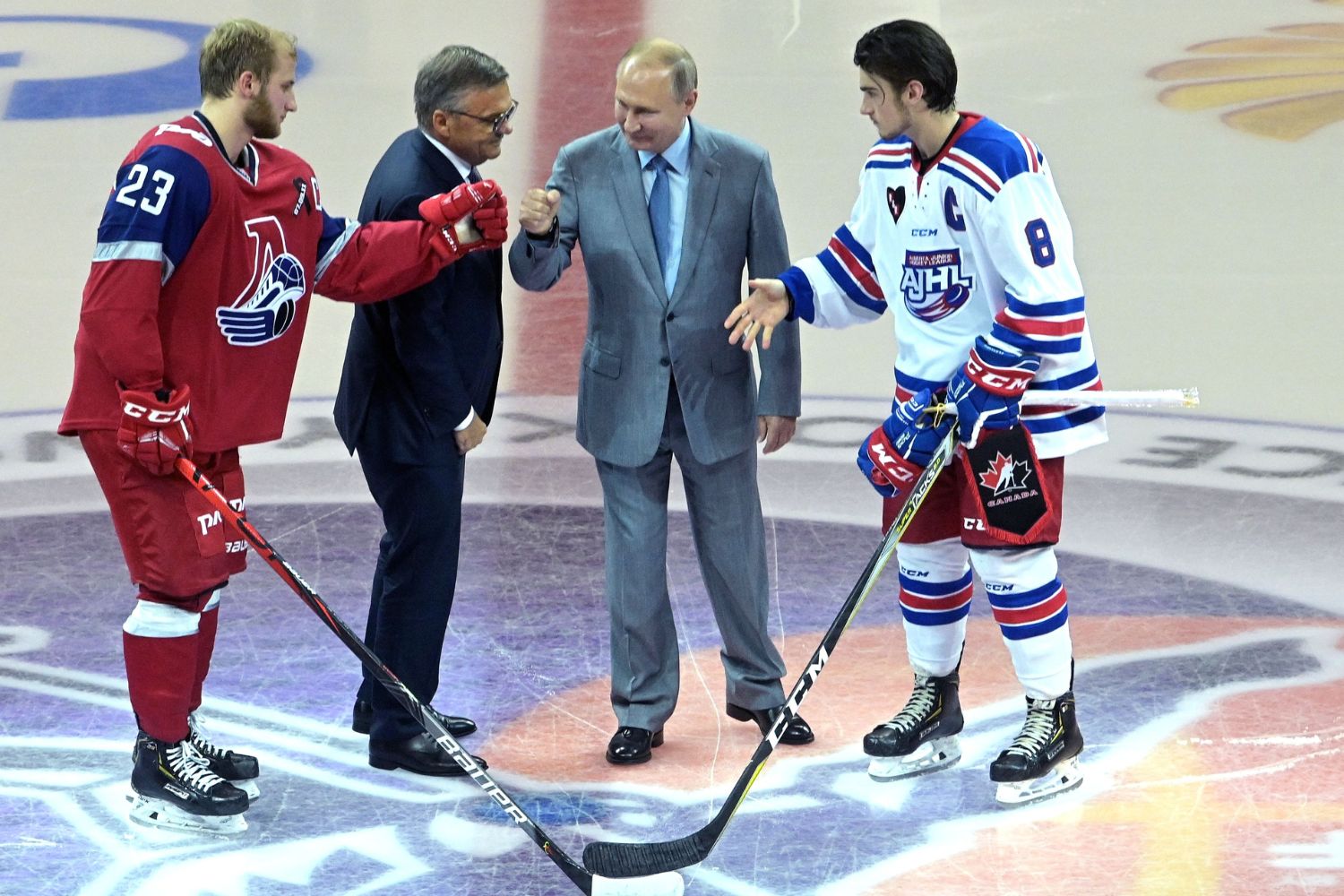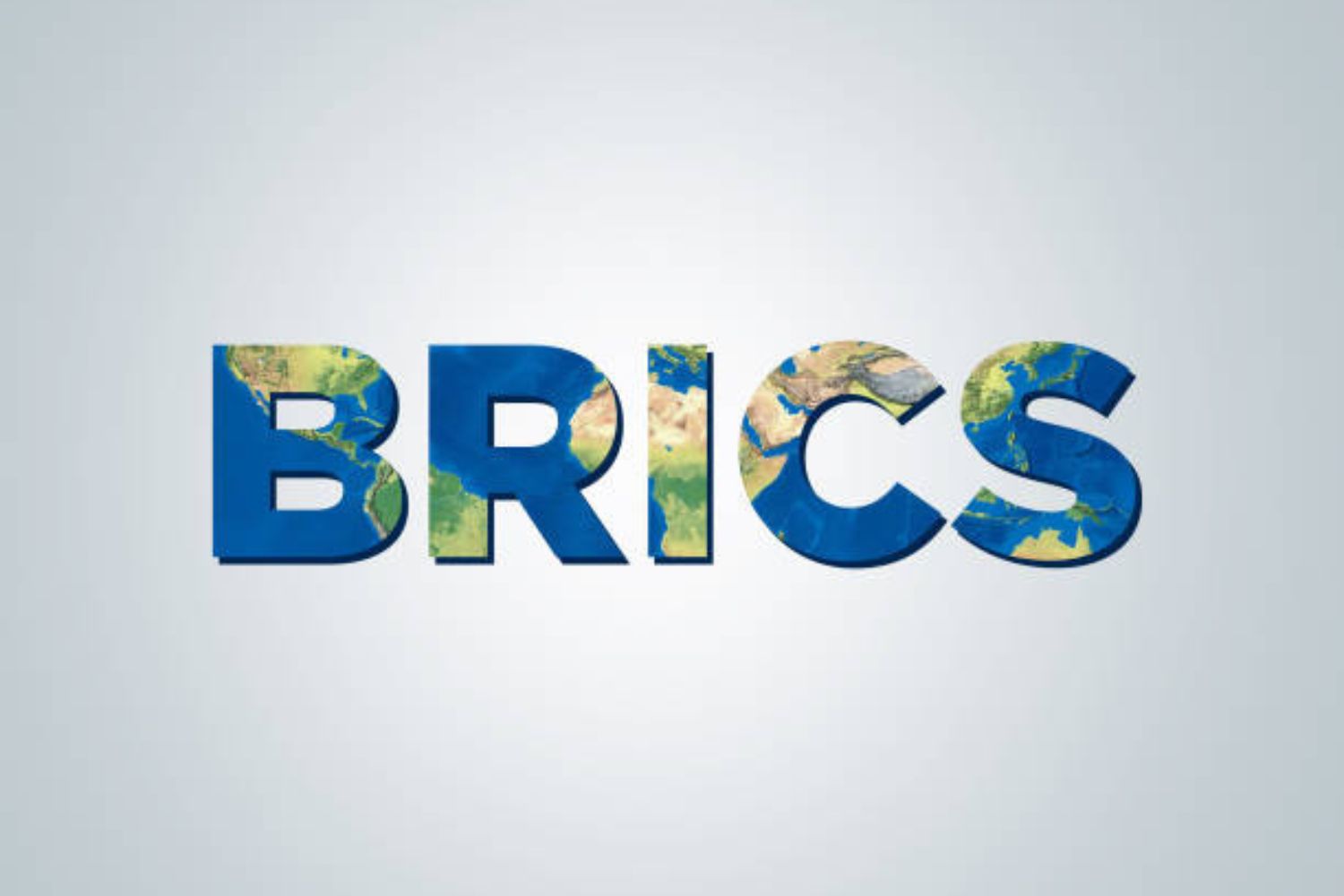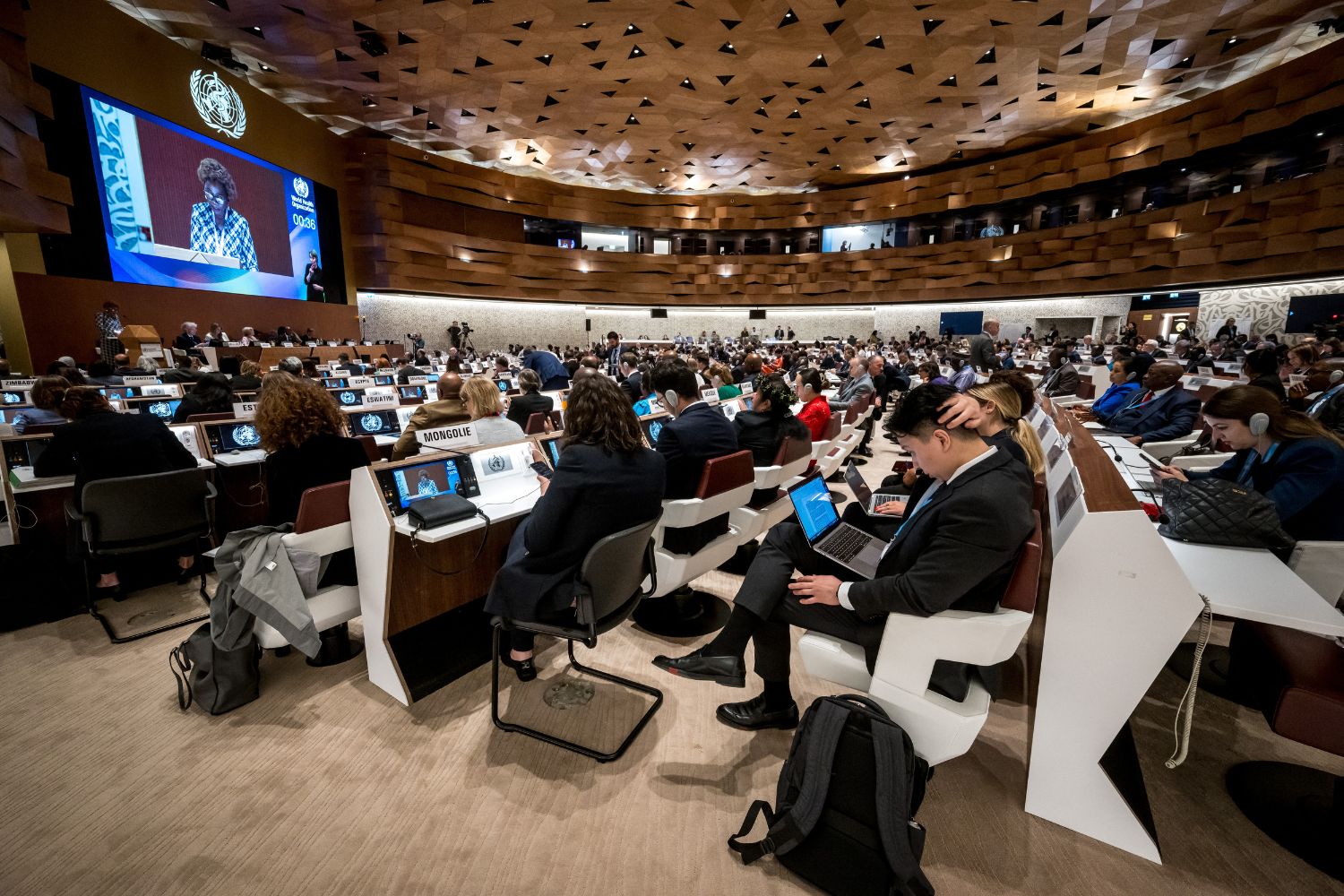In a new development within the global sports landscape, Moscow has announced plans to host its own mini-Olympics in September 2024. This ambitious event aims to showcase Russian athletic prowess and foster international sporting camaraderie, setting a unique precedent.
Russian athletes are banned from competing in this year’s Olympics in Paris.
The Genesis of Moscow’s Mini-Olympics
The concept of a mini-Olympics emerged amid increasing geopolitical tensions and evolving dynamics within international sports organisations. Moscow’s initiative is not merely a response to external pressures but a proactive step towards creating an inclusive, celebratory sporting event. Russian officials have emphasised the importance of this event in promoting sportsmanship, unity, and cultural exchange.
Moscow’s mini-Olympics, officially dubbed the “Friendship Games,” is set to feature a diverse array of sporting disciplines, mirroring the traditional Olympic Games. From athletics to gymnastics, swimming to combat sports, the event promises a comprehensive sporting spectacle. The city’s well-established infrastructure, including iconic venues like Luzhniki Stadium and the Olympic Complex, will serve as the primary stages for these competitions.
Objectives and Vision
The primary objective of the Friendship Games is to reinforce Russia’s position as a major player in the global sports arena. By hosting an international sporting event, Moscow aims to demonstrate its capability to organise large-scale events, provide a platform for athletes to compete at a high level, and foster a spirit of international friendship and cooperation.
The vision behind the Friendship Games extends beyond mere competition. Russian sports officials envision the event as a celebration of athleticism and unity, promoting peace and mutual respect amongst participating nations. The emphasis on inclusivity is evident in the invitation extended to athletes from various countries, transcending political and cultural boundaries.
Participating Nations and Events
The Friendship Games are expected to attract athletes from over 50 countries, including several nations from the former Soviet Union, Asia, Africa, and Latin America. This diverse participation underscores the event’s global appeal and Moscow’s commitment to fostering international sports relationships.
Athletes will compete in over 20 sports, including track and field, swimming, gymnastics, wrestling, boxing, judo, and weightlifting. The inclusion of both traditional Olympic sports and popular regional sports ensures a wide-ranging appeal and provides a platform for showcasing diverse athletic talents.
Preparations and Infrastructure
Preparations for the Friendship Games are already in full swing. Moscow’s city government, in collaboration with the Russian Ministry of Sports, has undertaken extensive renovations of existing sports facilities and the construction of new venues to accommodate the various competitions. The Luzhniki Stadium, a historic site that hosted the 1980 Summer Olympics and the 2018 FIFA World Cup, is set to be the centrepiece of the event.
In addition to physical infrastructure, significant investments are being made in technology and logistics to ensure the smooth operation of the games. Advanced sports technologies, efficient transportation networks, and robust security measures are being implemented to provide a safe and enjoyable experience for athletes, officials, and spectators.
Economic and Social Impact
The economic impact of hosting the Friendship Games is expected to be substantial. The influx of athletes, officials, and spectators will provide a significant boost to the local economy, particularly in the hospitality, tourism, and retail sectors. Moscow’s hotels, restaurants, and entertainment venues are gearing up to welcome an international crowd, ensuring that visitors experience the city’s rich cultural heritage and modern amenities.
On a social level, the Friendship Games aim to inspire a new generation of athletes and sports enthusiasts in Russia and beyond. By providing a platform for young athletes to compete on an international stage, the event will contribute to the development of sports at the grassroots level. The focus on inclusivity and participation also aligns with broader efforts to promote physical fitness and healthy lifestyles.
Challenges and Controversies
Despite the optimism surrounding the Friendship Games, the event is not without its challenges and controversies. Critics argue that the mini-Olympics could be seen as a political statement, potentially exacerbating existing geopolitical tensions. Concerns have also been raised about the financial viability of the event and the potential for logistical issues.
Russian officials, however, remain confident in their ability to address these challenges. Emphasising the positive aspects of the Friendship Games, they highlight the event’s potential to bridge divides and foster a spirit of global unity through sports.
Moscow’s plan to host its own mini-Olympics in September 2024 represents a bold and ambitious endeavour in the realm of international sports. The Friendship Games promise to be a celebration of athletic excellence, cultural diversity, and international camaraderie. As preparations continue, the world watches with anticipation, eager to witness how this unique sporting event will unfold and what legacy it will leave in the annals of global sports history.
ALSO READ: Special Olympics UAE launches inaugural UAE Games













